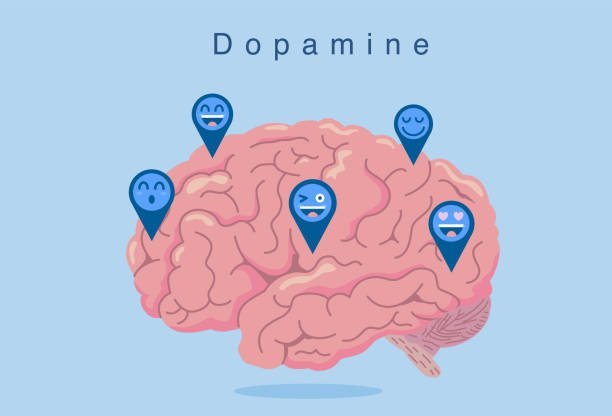Introduction
The aging population is growing concern worldwide, with more and more individuals reaching their golden years. With the increase in life expectancy, it becomes crucial to focus on geriatric health to ensure a better quality of life for our elderly population. Geriatric health plays a significant role in addressing the challenges by older adults and promoting their well-being.
Challenges in Geriatric Health
Geriatric health brings its fair share of challenges. As age, they become more susceptible to various chronic diseases such as cardiovascular issues, dementia, arthritis, and diabetes. These conditions often require specialized care and management. Additionally, older adults may experience cognitive decline, physical limitations, and social isolation, which can impact their overall health and well-being.
What are the 5 pillars of geriatric medicine?
Mind: Mentation Dementia Delirium Depression
Mobility: Impaired gait and balance Fall injury prevention
Medications: Polypharmacy, deprescribing Optimal prescribing Adverse medication effects and medication burden
Multicomplexity: Multimorbidity Complex biopsychosocial situations
Preventive Measures for Geriatric Health
Prevention is key when it comes to geriatric health. Encouraging healthy lifestyle choices, such as regular exercise, a balanced diet, and avoiding harmful habits like smoking, can help mitigate the risk of chronic diseases. Regular health screenings and vaccinations also play a crucial role in preventing and detecting potential health concerns in the aging population.
Managing Chronic Conditions in Aging Population
Proper management of chronic conditions is essential for maintaining the health of older adults. This involves a multidisciplinary approach that includes regular medical check-ups, adherence to prescribed medications, and lifestyle modifications. Effective coordination between healthcare professionals, caregivers, and family members is vital to providing comprehensive care for older adults with chronic conditions.
Promoting Physical and Mental Well-being
Physical and mental well-being go hand in hand, especially in the aging population. Regular exercise not only helps maintain physical strength and flexibility but also has positive effects on mental health by reducing stress and improving mood. Engaging the elderly in activities that stimulate the mind, such as puzzles, reading, or social interactions, can help prevent cognitive decline and promote mental well-being.
Supporting Social Connections
Loneliness and social isolation can have detrimental effects on the health of older adults. Thus, promoting social connections and community involvement is crucial. This can be achieved through senior centers, volunteering opportunities, or even regular family gatherings. Encouraging intergenerational interactions can also provide a sense of purpose and belonging for the elderly population.
Enhancing the Caregiver System
The caregiver system plays a pivotal role in the well-being of the aging population. Providing support and resources to caregivers is essential to ensure they can handle their responsibilities effectively. This includes access to respite care, training programs, and counseling services. By enhancing the caregiver system, we can improve the overall care provided to older adults and reduce caregiver burden.
Conclusion
Geriatric health plays a crucial role in the aging population. By addressing the challenges faced by older adults, implementing preventive measures, managing chronic conditions, promoting physical and mental well-being, supporting social connections, and enhancing the caregiver system, we can ensure a better quality of life for our elderly population. It is our responsibility as a society to prioritize geriatric health and provide the necessary resources and support to help our older adults age gracefully and maintain their independence.



